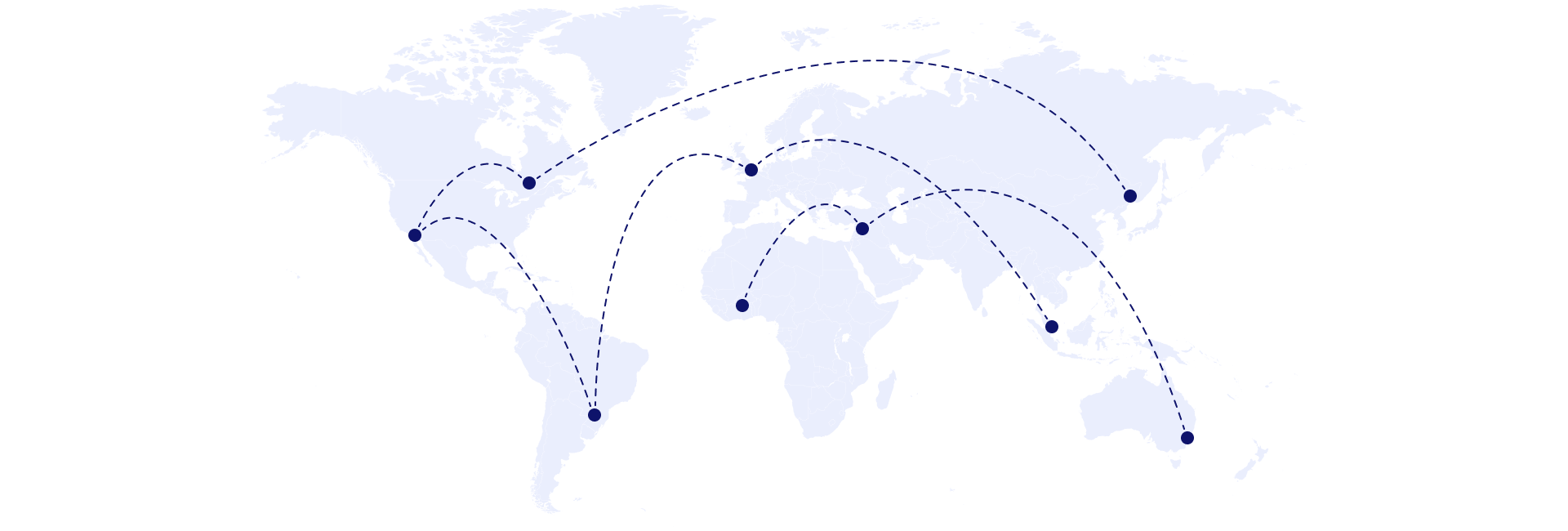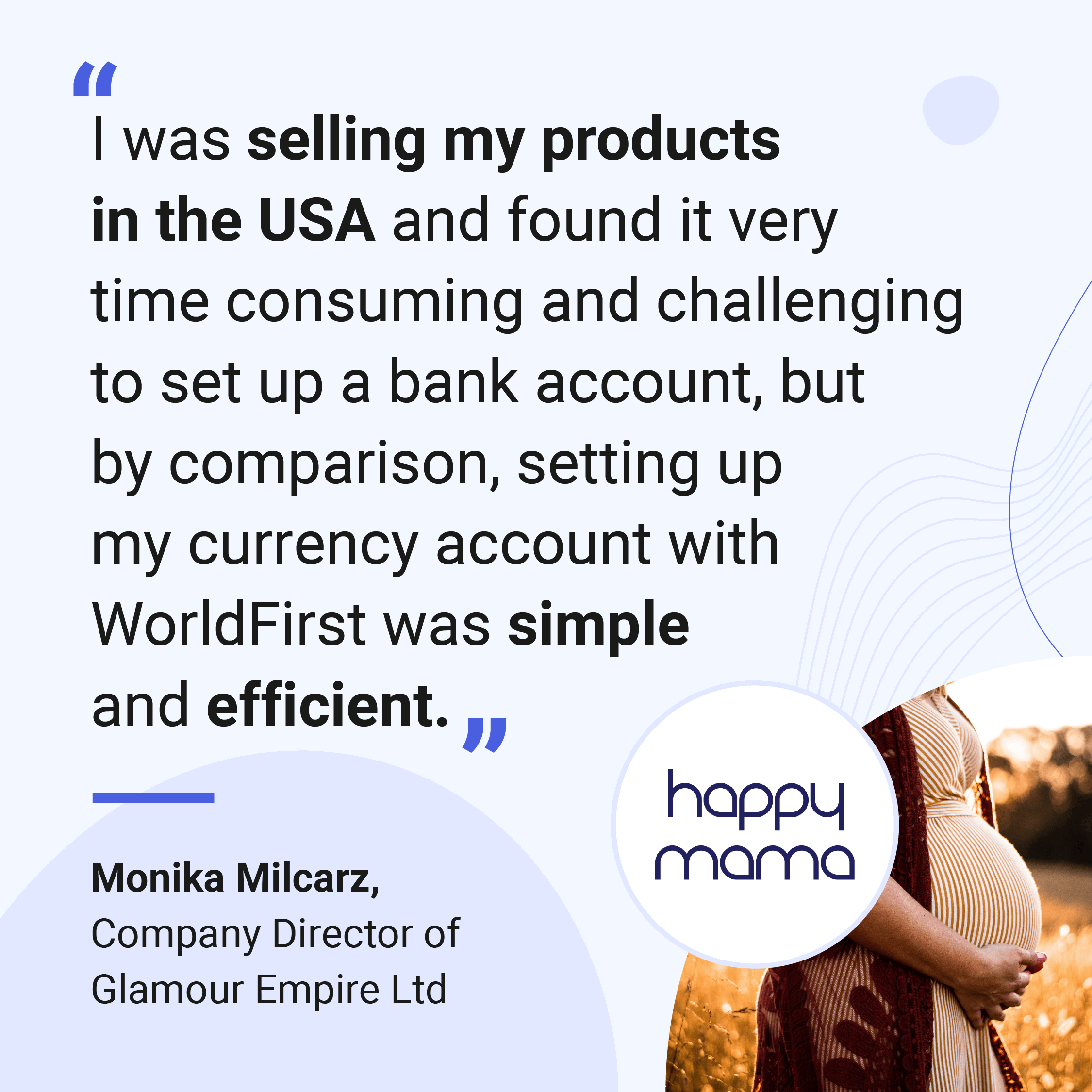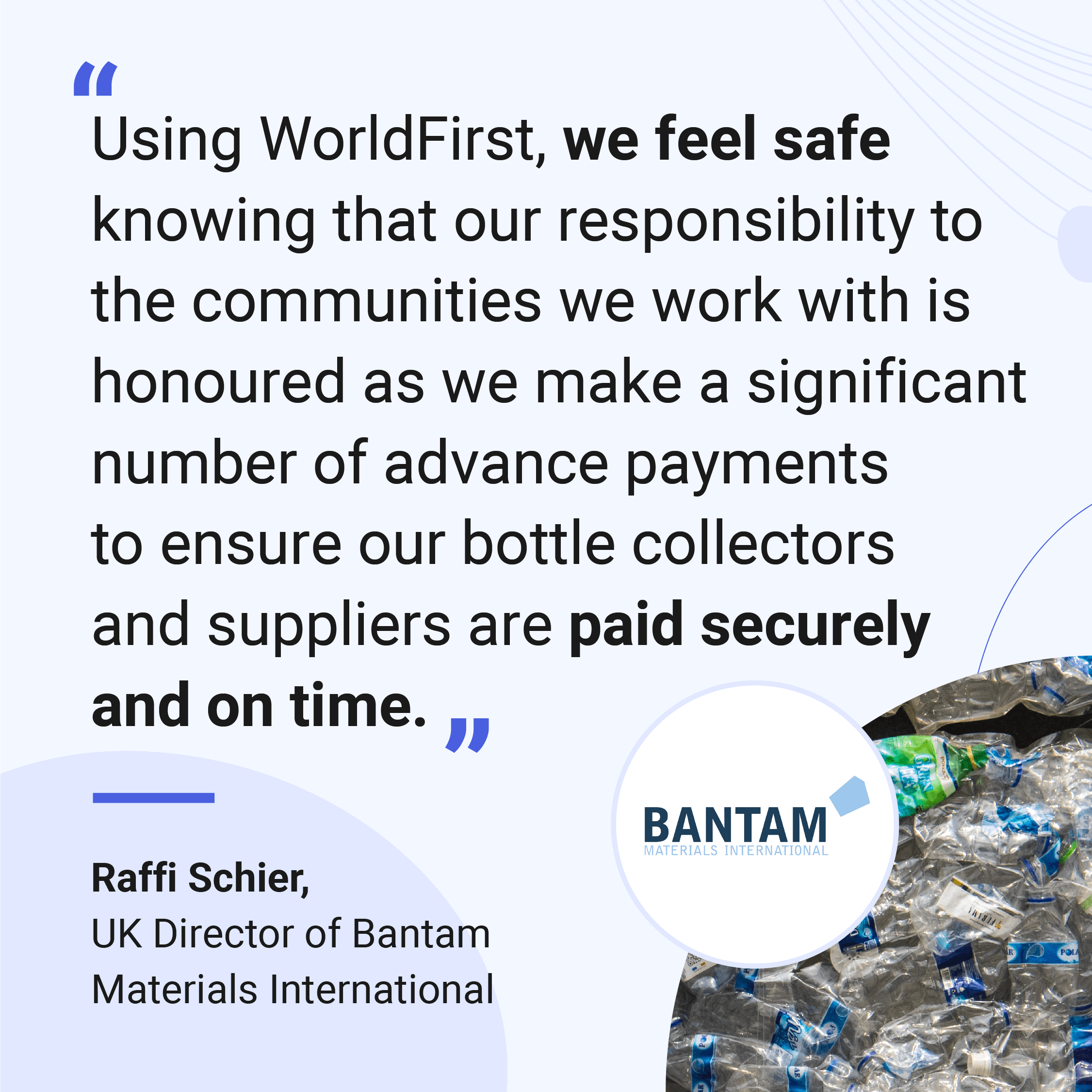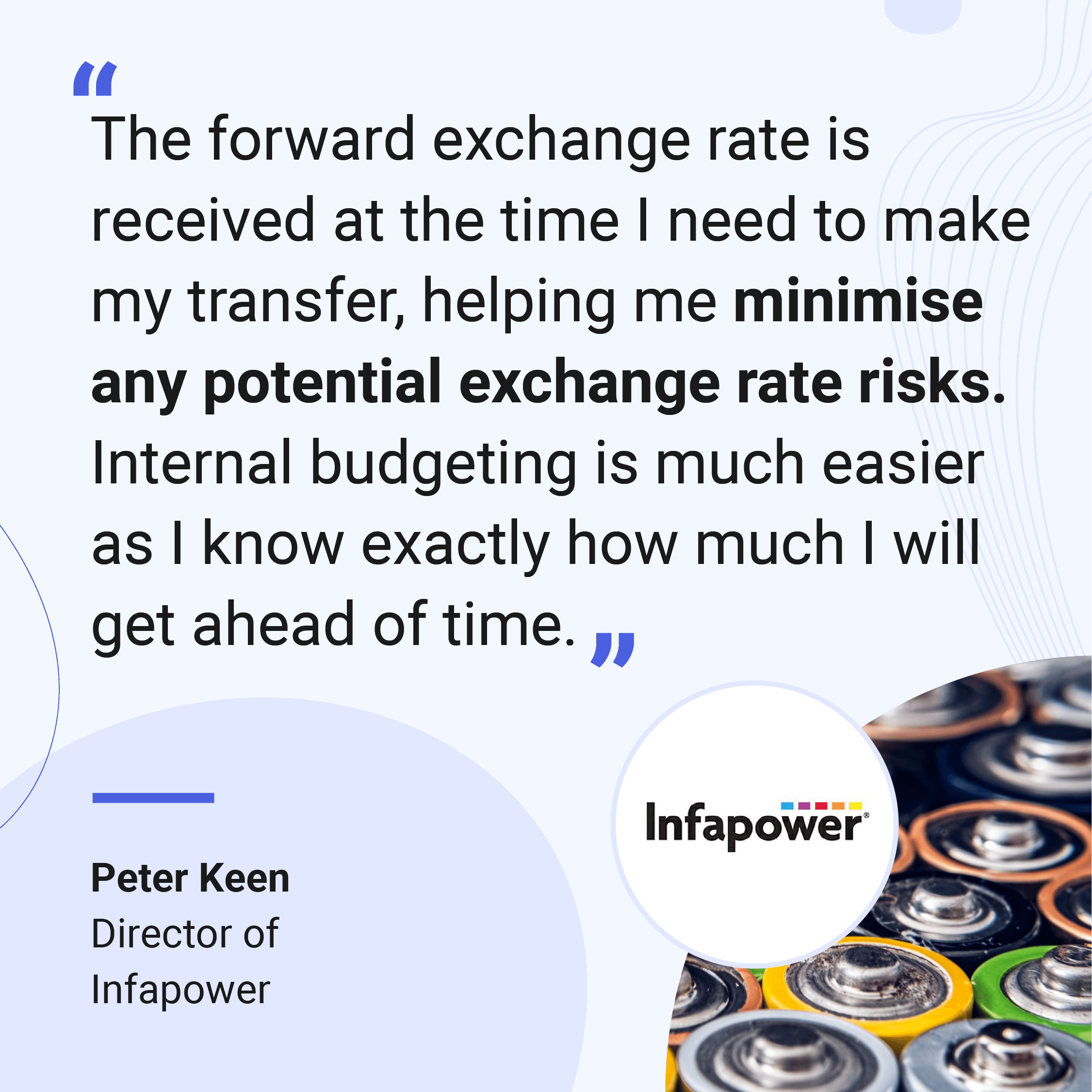
What do e-commerce merchants need to think about when starting a business or expanding their business to target shoppers abroad? And which countries offer great opportunities for expansion? You should initially identify the untapped (or at least less crowded) market to go after, preferably one where potential new shoppers have a healthy disposable income and there is minimal red tape to work through. Look for that region to have a good online infrastructure, avoiding countries with a reputation for corruption so you can conduct business in a controlled and transparent environment.
To further help you start an e-commerce business in another country, we’ve compiled a list of our top five contenders for consideration.
Norway
When it comes to a high quality of life and excellent places to do business, Norway, like its Scandinavian neighbours, frequently tops the list. Digitally advanced with a strong economy, a major advantage for online merchants is that Norwegians are early adopters, willing to adapt and pay for new technology. It’s the ninth most business-friendly country in the world, according to the World Bank, making it a relatively easy location to set up a business.
That said, taxation is not the lowest, and although there’s access to a skilled workforce, with lots of talent in the IT sector, it comes at a price. It’s a small country of just 5 million people, so fast-growing companies will need to incorporate and go global early. The cost of living is high – its capital, Oslo, is one of the most expensive cities in the world in terms of property and eating out – but the flip side of that is that you will have access to excellent hospitals, schools, and childcare provision. All to be considered in terms of the local workforce you may employ.
Singapore
With its international outlook, low business taxes and favourable location in the heart of Asia, Singapore has become a favourite base for companies looking for a gateway into Asian markets, including China. Despite being the third most densely populated country on the planet, Singapore scores consistently high in quality of life indexes. It is a major financial hub and the world’s second-busiest port.
The World Bank rates Singapore as one of the easiest countries in the world to do business in, coming in second in its rankings overall when compared to other countries. Gross domestic product per capita is high and unemployment is low. What’s more, Singapore is valued as one of the wealthiest nations in the world. Added to this, its low levels of corruption and free trade agreements open up huge market potential, increasing its appeal further. You can easily register and start your business online and can access a young market of technologically savvy shoppers who’ll buy products online or via marketplaces, according to a singstat.gov report.
Open a World Account for free
- Open up to 15 local currency accounts, with local sort codes, account numbers and IBANs
- Collect secure payments from 130+ marketplaces, overseas buyers and payment processing gateways
- Pay suppliers, partners and staff in 40 currencies without hidden fees
- Pay and get paid easily with local bank details on your invoices
- Lock in conversion rates to manage your currency risk
Malta
In 2004, when other countries were banning iGaming, legislators in Malta introduced remote regulations for online casinos. Since then, the island has become a hub for companies from all over the world. A CEO Today report found more than 12% of the country’s GDP comes from the iGaming industry and its lucrative rules – under which iGaming companies such as online casinos can get a license valid for up to 10 years, in contrast to the one or two years offered by most countries.
In turn, this has attracted all kinds of online businesses, from cryptocurrency firms to companies who sell apps. It’s now known as the "Blockchain Island", such is its reputation for being a place where crypto businesses flourish.
Switzerland
Managing to be at the heart of Europe while not being a member state of the European Union, Switzerland walks this unique tightrope well. It crops up in the Top 10 of just about every country ranking that measures the quality of life and incorruptibility. It’s also pro-business, has low taxes and a decentralised political system. Switzerland has long been a haven for industries as diverse as finance, pharmaceuticals, high-tech businesses and of course, watchmakers.
The country is now also establishing itself as a base for cryptocurrencies, with the area around Zug styling itself as "Crypto Valley". As you’d expect, Switzerland has an excellent Internet infrastructure and a highly educated workforce. The Swiss are by far the wealthiest citizens of any major economy, which is what online sellers want in a shopper.
South Korea
South Korea boasts some stunning scenery, great shopping and Seoul is becoming increasingly popular as a tourist destination. In terms of high-speed internet connectivity, its infrastructure is unparalleled. South Korea (officially the Republic of Korea) is the world leader in broadband and has an average connection speed of 121 megabits per second (Mbps), boasting the fastest average internet connection speed of any country in the world.
Added to this, 96% of its population are internet users. It’s ranked fifth in the World Bank’s ease-of-doing-business and is the 10th richest country in the world. Wealth inequality is high, but its upper class is keen to spend the money it has, especially on high-end brands.

You might also like
WorldFirst articles cover strategies to mitigate risk, the latest FX insights, steps towards global expansion and key industry trends. Choose a category, product or service below to find out more.
Businesses like yours trust WorldFirst
- Almost 1,000,000 businesses have sent $150B around the world with WorldFirst and its partner brands since 2004
- Your money is safeguarded with leading financial institutions

What our customers say about our services





